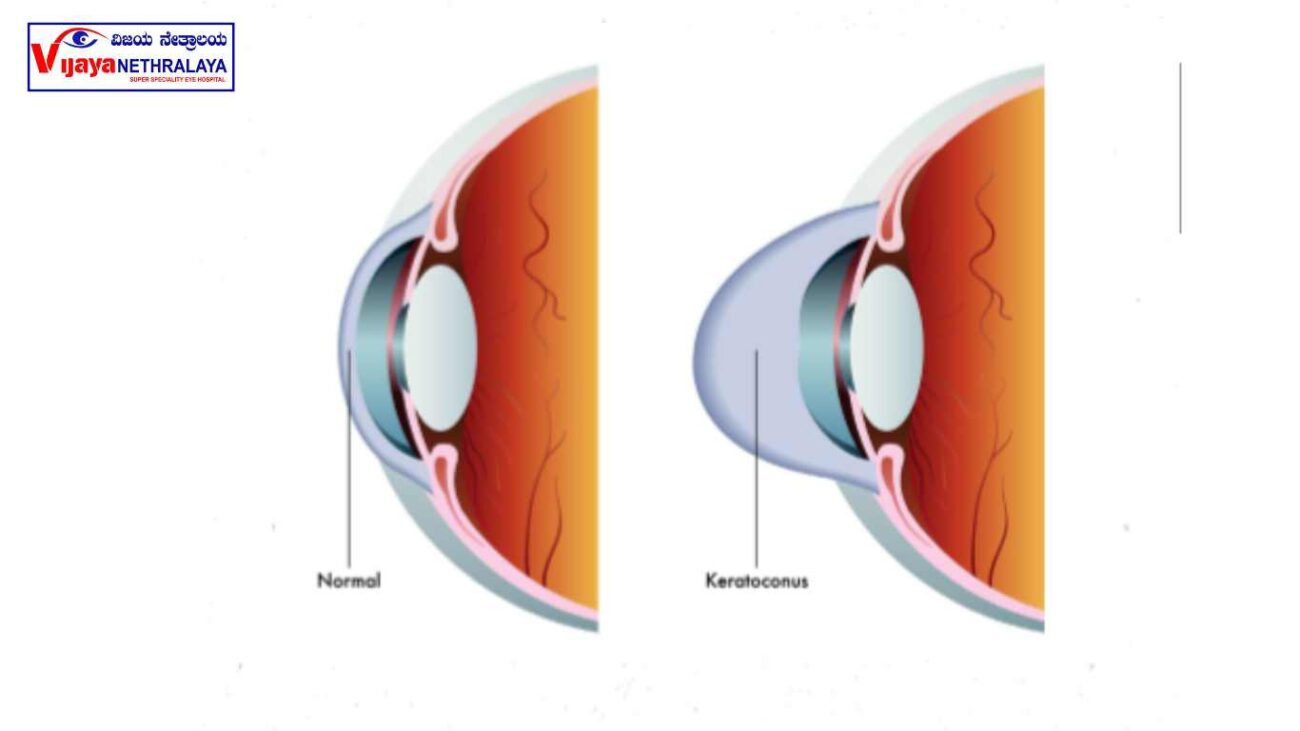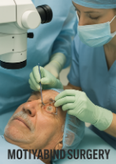Introduction:
Keratoconus is a progressive eye disorder that affects the shape and clarity of the cornea, leading to distorted vision. Finding an effective keratoconus cure for this condition is crucial for those affected by it. In this article, we will delve into various treatment options for keratoconus cure, focusing on the latest advancements and innovative approaches to managing this condition.
Understanding Keratoconus:
Keratoconus is a corneal condition that typically begins during the teenage years or early adulthood. The cornea, which is the transparent front part of the eye, gradually thins and bulges outward in a cone-like shape. This abnormality causes significant visual distortion, making everyday activities such as driving, reading, or recognizing faces challenging.
Diagnosing Keratoconus / keratoconus Cure:
Early diagnosis is vital for better management of keratoconus cure. An eye care professional can detect keratoconus through a comprehensive eye examination, including corneal mapping, corneal topography, and visual acuity tests.

Traditional Treatment Options For keratoconus Cure:
1. Eyeglasses:
In the early stages of keratoconus, mild visual impairment can often be corrected with prescription eyeglasses. However, as the condition progresses, glasses may become less effective in providing clear vision.
2. Contact Lenses:
Specialized contact lenses, such as rigid gas-permeable (RGP) lenses or scleral lenses, are commonly prescribed for moderate to advanced keratoconus. These lenses create a smooth, even surface over the irregular cornea, improving visual acuity and reducing distortion.
Advanced Treatment Approaches For keratoconus Cure:
1. Corneal Cross-Linking (CXL):
Corneal cross-linking is a revolutionary procedure that aims to halt the progression of keratoconus. During the procedure, the cornea is saturated with riboflavin drops and exposed to ultraviolet light, promoting the formation of new collagen fibers that strengthen the cornea.
2. Intracorneal Ring Segments (ICRS):
Intracorneal ring segments, also known as corneal implants, are small, crescent-shaped devices placed within the cornea to reshape it and improve visual clarity. This surgical option can be considered for patients with moderate keratoconus who may not be suitable candidates for corneal transplantation.
3. Photorefractive Keratectomy (PRK) and Topography-Guided PRK:
PRK is a laser-based surgery that can be beneficial for individuals with mild keratoconus. Topography-guided PRK uses advanced computer mapping to precisely reshape the cornea, further enhancing visual outcomes.
4. Implantable Collamer Lenses (ICL):
For patients with moderate to severe keratoconus, implantable collamer lenses provide an alternative to traditional contact lenses. These lenses are surgically inserted in front of the eye’s natural lens, correcting refractive errors and improving visual quality.
Embracing Innovations in Keratoconus Cure:
1. Artificial Intelligence (AI) in Diagnosis:
AI-powered diagnostic tools are becoming increasingly important in the realm of detecting and monitoring keratoconus. Through utilizing these systems to analyze corneal images and data, they play a crucial role in facilitating early identification and timely intervention. Consequently, patients can receive prompt and appropriate treatment, thereby ultimately improving the management of keratoconus and enhancing visual outcomes. Moreover, the integration of AI in ophthalmology represents a significant step forward towards advancing eye care technology, enabling more efficient and accurate diagnoses for various eye conditions, including keratoconus.
2. Gene Therapy Research:
Researchers are currently exploring gene therapy as a potential for keratoconus cure . Through targeting and modifying specific genes responsible for corneal weakening, gene therapy could revolutionize keratoconus treatment in the future. This groundbreaking approach holds the promise of transforming how we address this eye condition, and it could potentially lead to a significant advancement in the field of ophthalmology for keratoconus cure.
Author details:
Dr. Sushruth Appajigowda is a well-known Cornea, Cataract, Glaucoma, and LASIK Surgeon in Bangalore, and the chief Cataract and Refractive surgeon at Vijaya Nethralaya Eye Hospital, Nagarbhavi Bangalore. Known as one of the best LASIK surgeons in the country, he has over 12+ years of experience with multiple platforms of LASIK like ZEISS, ALCON, SCHWIND, AMO, and Bausch and Lomb. He has conducted over 5000 LASIK. Dr. Sushruth is a Certified Refractive Surgeon and Fellow of All India Collegium Of Ophthalmology. He is a recognized speaker in various National and International Forums. His expertise lies in choosing the right type of procedure for you based on your health requirement.

Book Your Appointment Now
Conclusion:
In conclusion, in managing keratoconus, a tailored approach to each individual’s unique condition and visual requirements is essential. Moreover, traditional treatments like eyeglasses and contact lenses provide initial relief, but as keratoconus progresses, advanced treatment options such as corneal cross-linking, intracorneal ring segments, and implantable collamer lenses offer hope for improved vision and quality of life. Furthermore, embracing cutting-edge innovations like AI in diagnosis and gene therapy research further paves the way for a future where a cure for keratoconus becomes a reality. Additionally, if you or someone you know is dealing with keratoconus, it is advisable to consult an eye care professional to explore the most suitable treatment options available.












